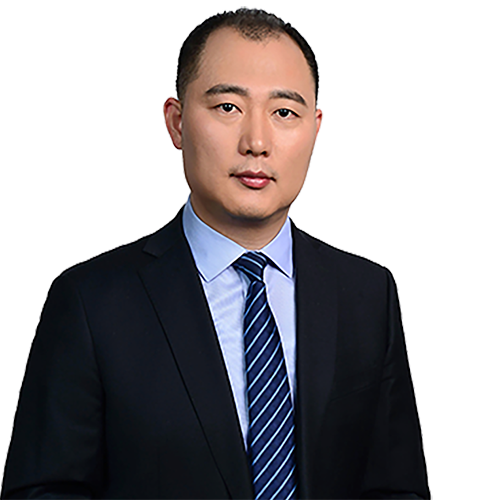On November 1, 2024, the 16th Semi-Monthly Seminar on Criminal-Civilian Intersection of Trade Secret Cases was successfully held by the Criminal Department of King&Capital Law Firm. The event was delivered by Hong Yan, Secretary General of the Research Center for Intellectual Property Law of Tsinghua University Law School and expert of the Expert Advisory Committee of the Supreme People's Court's Intellectual Property Case Guidance and Research (Beijing) Base, Liu Guangyu, Deputy Director of the Beijing Guochuang Dingcheng Intellectual Property Applied Technology Research Institute and intellectual property appraiser, Chai Linlin, National Executive Committee Member of Zhonglian Law Firm and Director of Intellectual Property Rights of the Beijing Office, Shanghai Jintiancheng (Beijing) Law Firm. Wang Yanyu, senior partner of Shanghai Jincheng (Beijing) Law Firm, Cui Huilian, partner of King&Capital's Antitrust Department, Jin Fenghua, lawyer of Antitrust Department, Liu Lijie, partner-in-charge of Criminal Department II, and Qian Hao, lawyer of Criminal Department II, as the guests of honor, shared their views on the topic. The event was hosted by Mr. Zhang Di of the Business Management Department of King&Capital.
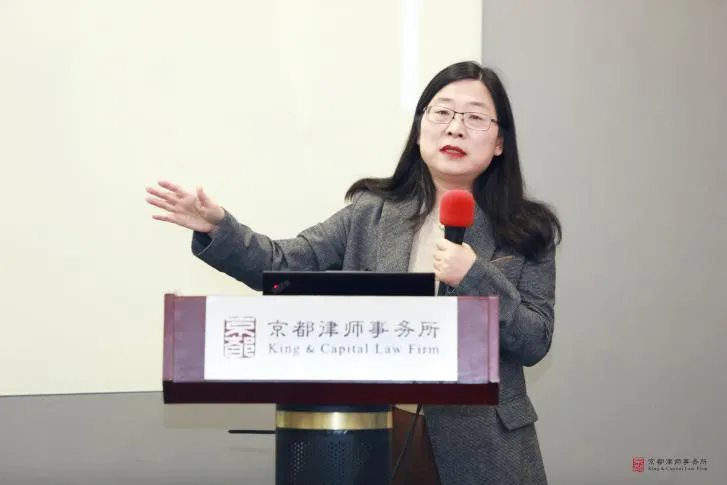
Starting from the controversy over trade secrets in academia, Secretary General Hong Yan analyzed the practice behind the legal elements of secrecy, value and confidentiality of trade secrets for the audience in an in-depth manner with the help of existing relevant laws and regulations. Secretary General Hong Yan also analyzed and explained that “trade secrets can be subject to what kind of legal protection, depending on the enterprise's own level of protection”, the enterprise did not disclose the information may be protected as a trade secret, generalized protection to the precise protection of the inevitable trend of development, the enterprise's own trade secrets to the front of the management of the law is an important prerequisite for effective intervention and protection of rights and interests. The enterprise's prior management of its own trade secrets is an important prerequisite for effective legal intervention and protection of rights and interests.
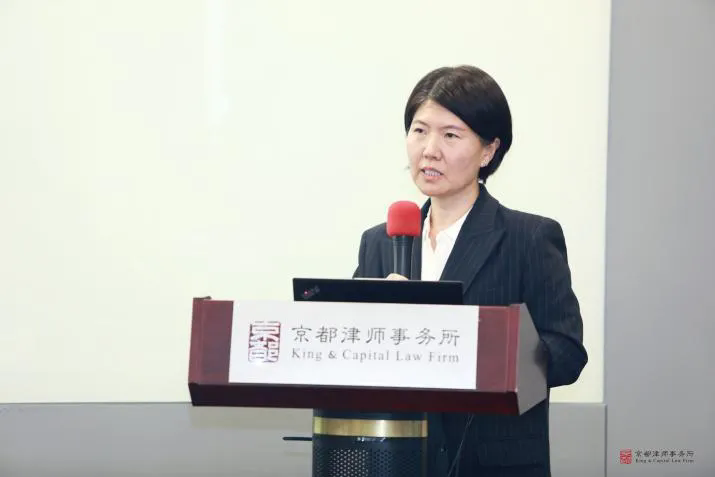
Mr. Jin Fenghua mainly shared the intersection between patents and trade secrets, the scope of protection of the two overlap, and the protection of technical secrets also have their own focus. Mr. Jin believes that after the restriction of the order of criminal before civil in trade secret cases no longer exists, the jurisdictional authority and the type of lawsuit filed should be chosen according to the core purpose of the parties, so as to achieve the best litigation effect. At present, there are two batches of national trade secret protection innovation pilot areas announced, set up more than 8,000 trade secret protection service sites, administrative organs, market supervision departments, public prosecutors and lawyers to form a synergistic protection mechanism is worth looking forward to.
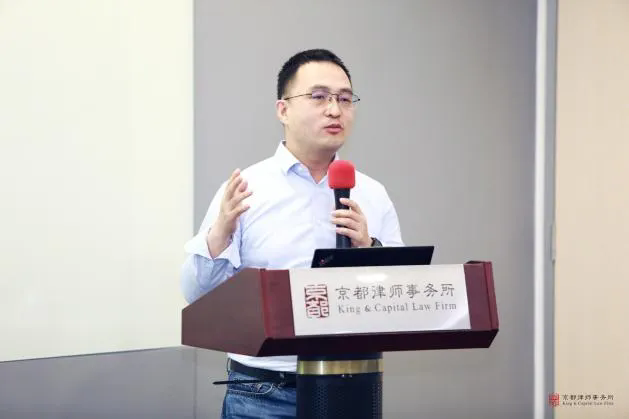
With the development of artificial intelligence technology and the increase in the forms of intellectual property infringement, Deputy Director Liu Guangyu, with his rich experience in intellectual property appraisal and judicial appraisal of electronic data, clearly showed the key points of the work of intellectual property appraisal and its complex logic to the audience from the fields of machinery, chemical industry, software and so on. For trade secret identification, which has the highest volume of intellectual property appraisal cases, Deputy Director Liu Guangyu explained the appraisal commissioning procedure in detail, put forward the key points of attention of the secret point claim, and combined with the typical technical fields to suggest the direction of the secret point, which pointed out the focus of the work for the protection of the legitimate rights and interests of the right holders.
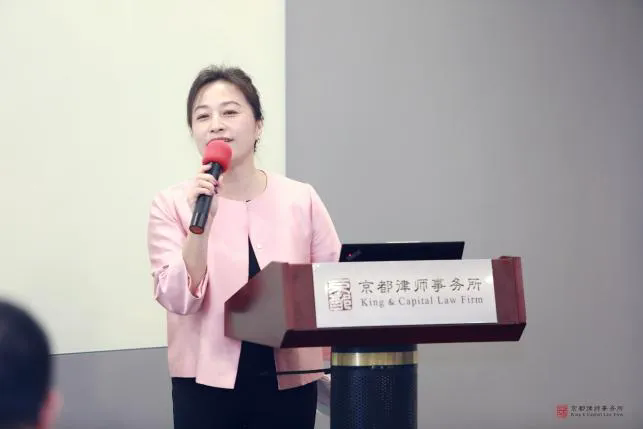
“To solve the trade secret rights defense by criminal means, to promote the criminal evidence admissibility by litigation strategy, the coordination of line, civil and criminal professional strategy is a powerful boost to deal with trade secret infringement cases.” Chai Linlin lawyer with its personal participation in the case and trial experience, for the handling of such cases in the process of the application of difficult to obtain evidence, evidence admissibility and other issues, put forward a solution. Handling trade secret infringement cases requires patience and determination, and the huge scale of evidence collection and the high difficulty of credibility all put forward high requirements for the comprehensive quality of lawyers, and seeking strong protection for technological innovation within the generous dispute space is the inexhaustible motivation for lawyers to strive for excellence in intellectual property cases.

Ms. Wang Yanyu started from the hot and key cases in the field of intellectual property rights in recent years, and shared from the perspective of the court's determination of the details of the case. Trade secret infringement cases are diverse and complex, the precise determination of the facts of the case is not an easy task for judges and lawyers, the actual case of the burden of proof, jurisdiction and other details of the case there is a pioneering application of the law. Ms. Wang Yanyu believes that, in this context, reading the guiding cases will help the lawyers to carry out the evidence collection work in a targeted manner by substituting the judge's perspective.

CuiHuiLian lawyers think, the general environment of trade secret protection through the improvement of laws and regulations, trade secret object broad scope of determination and other ways to improve, but in the civil procedure of the court to support the infringement of the basis of the determination, to achieve the goal of the litigation to restore the loss is still a long way to go. Ms. Cui Huilian took the real case as an example, and put forward the suggestion of perfecting the protection measures of trade secrets in advance for the daily legal operation of enterprises, striving to reduce the loopholes beforehand and have a basis for pursuing the responsibility afterward.
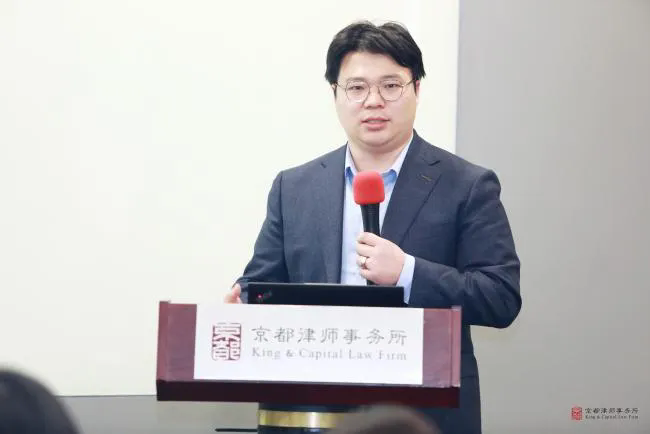
In criminal proceedings, the loss calculation of infringement of trade secrets has clearer provisions, which often cannot cover all the losses of the right holder. Mr. Qian Hao believes that, in the criminal case of infringement of trade secrets, when determining the victim's loss, the appropriate form should be chosen, and the third-party evaluation and appraisal is a better choice. Due to the differences in the standards of criminal and civil procedures to determine the loss, it is necessary to choose the path of the claim. Although there are controversies in practice and theory, the application of criminal incidental civil litigation in the case of infringement of trade secrets is in line with the development trend of intellectual property trial, and is also conducive to the comprehensive recovery of losses by the right holder.
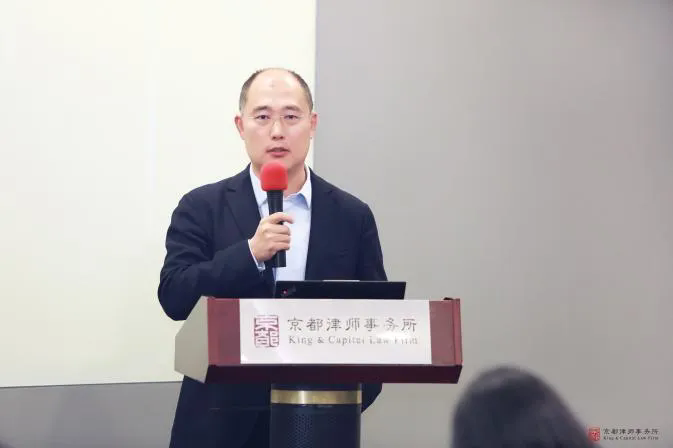
Liu Lijie combined his rich experience in handling cases and relevant legislation interpretation, put forward the current criminal and civil cases of trade secrets identified the reason for the conflict between the consistency of the contingent and the actual inconsistency, mainly because of the civil and criminal judge's different ways of thinking about the case, resulting in different professional areas of the judge on the judgment of the trade secrets of non-publicity, the value of confidentiality disputes, will be the three should belong to the litigation process, the burden of proof and the proof of the case, and the burden of proof of the case. Litigation procedures of the burden of proof and standard of proof, wrongly understood as trade secret determination standards. Based on the above objective reality, Liu Lijie combined with specific case law, proposed that even if the civil verdict confirms that the perpetrator has infringed upon the trade secrets and the amount of infringement has reached the criminal filing standard, it is still possible to collect evidence to weaken the subjective intent to defend the perpetrator's innocence, and to achieve the optimal defense effect.
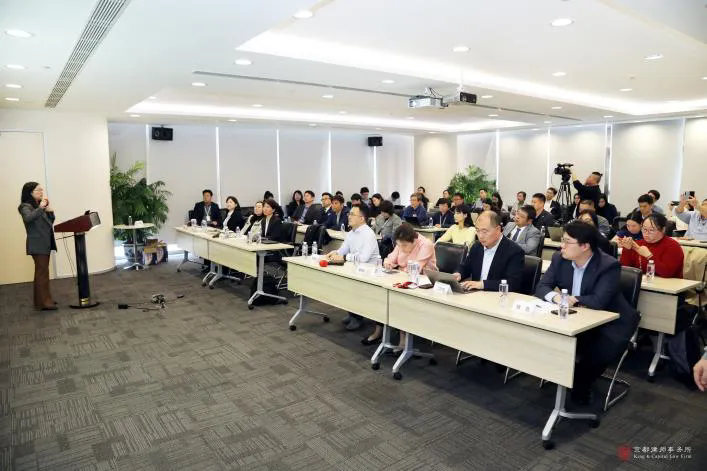
In this activity, the speakers put forward effective suggestions for lawyers to handle cases and enterprises to protect their rights from different perspectives of trade secret infringement crimes. After the talk session, the audience asked the speakers questions of interest, which led to a lively discussion on the spot, and the activity came to an end in learning and thinking.



